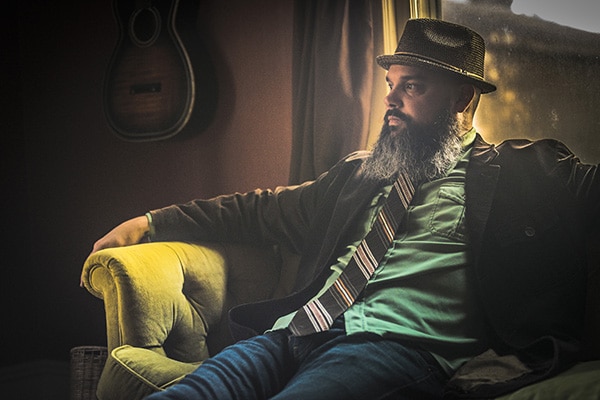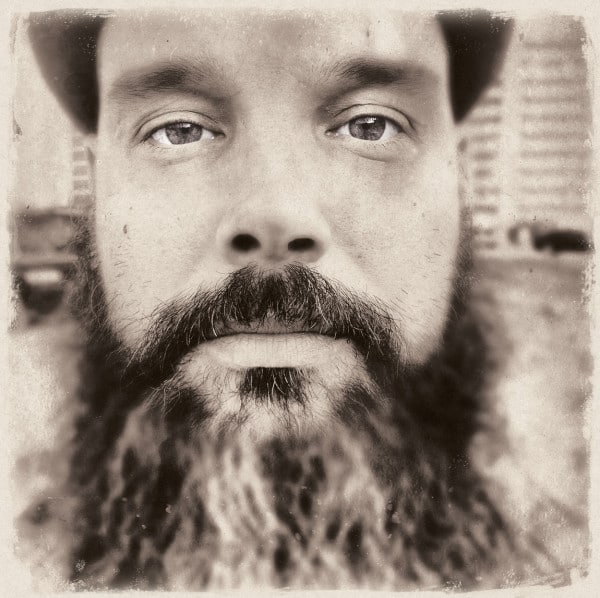- No products in the cart.
- No products in the cart.
Edward David Anderson

Music, by its nature, is a migratory creature. It moves as it moves, often powerfully, through people and places, communities and cultures, created and carried on currents of electricity and air. Edward David Anderson is one of its modern makers, a rock and roll veteran from the cornfields of Illinois, who went into the woods of coastal Alabama and found musical serendipity, emerging with Lower Alabama: The Loxley Sessions — a timeless, unvarnished beauty of an album.
“I had no idea Anthony Crawford even lived in LA (Lower Alabama), let alone minutes from our RV park,” Anderson says, still somewhat in disbelief. Indeed, it was during his inaugural exodus from the brutal Midwestern winters to the Gulf Shores of the Cotton State that Anderson discovered his neighbor, of sorts, was Crawford—a producer, multi-instrumentalist, and former sideman to Neil Young. “I sort of couldn’t believe it, you know? I knew this guy, I knew who he was. I had seen him play with Neil and was familiar with his work’” His next thought was as certain as sunrise. “I need to record some songs with him.”
Admiral Bean Studio rests comfortably on the 2,400-acre property Crawford owns and makes his home on in Loxley, Alabama. It’s a retreat where music is still sung, and played with instruments, by real people, not constructed by computer programs, and provided the ideal setting and collaborator for what became Anderson’s follow-up to his solo debut Lies & Wishes. “This record is my experiences and my songs, given the Crawford treatment,” says Anderson. “Even the tunes that existed long before the album was recorded have a Lower Alabama feel, and were heavily affected by Anthony.”
For his part, Crawford, in addition to producing, played a multitude of instruments on the sessions, but felt less of a challenge shaping the material than easing Anderson into a role of simply singing and playing. “I wanted him to show up and play for me his best performances, play the song live, let me record his guitar and his vocal. Let me get the real Edward David Anderson to start with so that everything else after that could be made of truth,” recalls Crawford. “He let go, and as a result, we have something very special.”
Releases
-
Edward David AndersonLies & Wishes$11.98 – $16.98
-
Edward David AndersonLower Alabama: The Loxley Sessions$11.98 – $16.98




